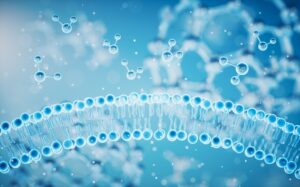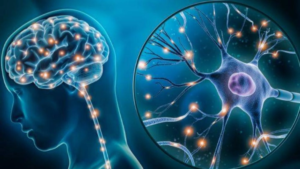
Not All Nutritional Supplements Are Suitable After Cancer: The Right Way to Replenish Albumin Without Burdening the Liver and Kidneys
After completing cancer treatment, many patients seek to boost recovery with nutritional support. Among these, albumin is often regarded as a key indicator of nutritional status and physical strength. However, did you know that not all methods of supplementing albumin are suitable for a post-cancer body? If done incorrectly, it could actually place added stress on the liver and kidneys.









